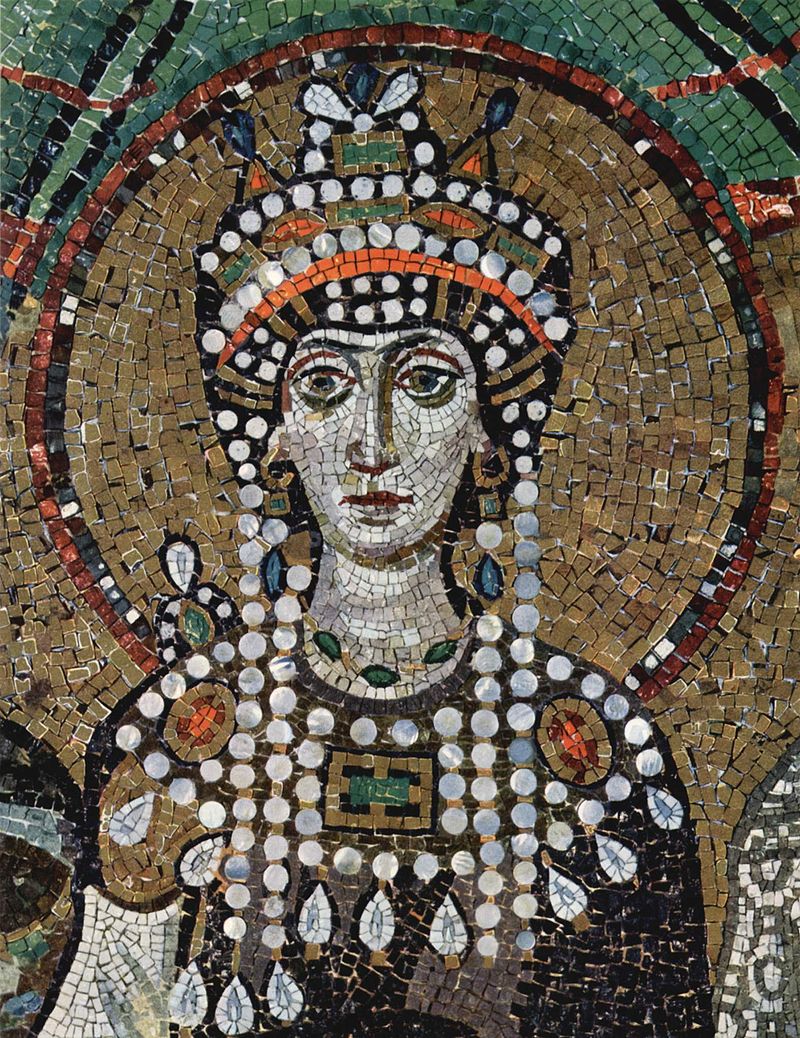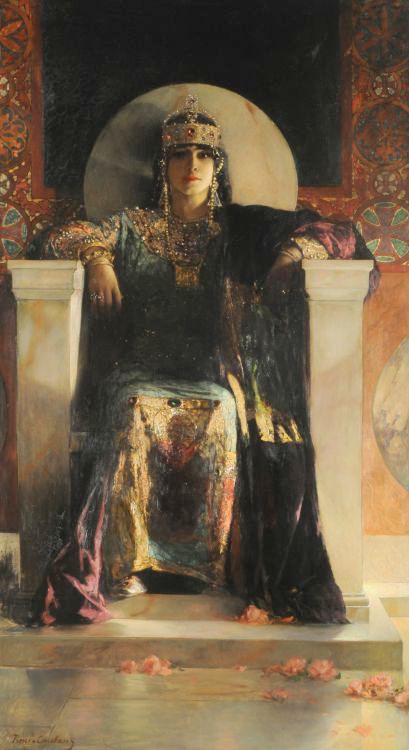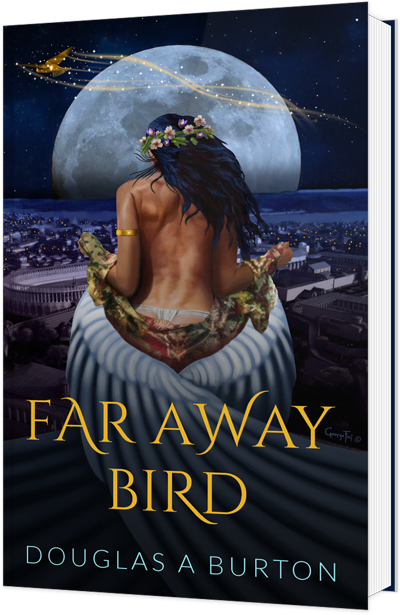
There are many currents that flow into the story of women’s rights. Many cultures from early Judaism to Ancient Greece are recognized for their egalitarian traditions, and we have countless examples of great women in power—from Pharaoh Hatsheput to Queen Victoria to Eleanor Roosevelt.
But one woman—Empress Theodora— achieved such a decisive victory for women in her time that her relative obscurity is astounding.
More than fifteen hundred years ago, Empress Theodora helped influence sweeping legal reforms known as the Corpus Juris Civilis—which included a wave of specific rights for women. Historians credit this body of Roman law as providing some foundational groundwork to the Western legal tradition.
Therefore, Empress Theodora made direct contributions to a legal code that influenced the American Constitution, English common law and even modern international public law.
So, who is Empress Theodora?

Museo Nacional de Bellas Artes (Buenos Aires)
Abandoned by most Western thinkers throughout the centuries, Empress Theodora came off as a salacious novelty, a Medieval prostitute-stripper who made it to the top through a lucky marriage. The scandalous gossip of her past, which is handed down to us by a single male source, no doubt stirred the imaginations of Western historians for centuries. However, as a prostitute, Theodora was part of an institutional system that marginalized women to an extreme.
Unlike today, professional outlets for women were severely restrictive. A large number of women worked in theaters and brothels. So, although this professional class of women carried a huge social stigma, their industry was one of the few places where women worked publicly outside the traditional family structure and earned real income.
A certain law, though, prevented prostitutes from marrying a man of rank. Such a rigid class system was characteristic of a Roman world view that regarded rank as self-evident.
Secondly, even under the Christian perspective, prostitution was regarded as immoral and sinful. Therefore, when Theodora helped to facilitate the removal of the marriage ban, she did so without the support of either the secular or religious tradition. Her personal world view alone seems to have guided the legal reform.
Empress Theodora’s perspective was necessary for addressing women’s rights at the time because she had firsthand knowledge and experience about the reality for women.
Also, under Empress Theodora, rape was made punishable by death. This law extended to anyone present during the rape, regardless of position or rank, and the rapist’s property was even transferred to the rape victim.
The male-dominated bureaucracy of the Byzantine Empire had little interest in addressing such issues. But Theodora dared to speak out about specific issues. But more importantly, she insisted on designing real-world solutions, defined in legal terms, to fix the problems she knew existed.
Our culture is taking a second look at history and rediscovering the many contributions of women throughout the ages. I believe that Theodora deserves to take her place among the Pantheon of our greatest women in history.
FAR AWAY BIRD

Inspired by true events, Far Away Bird delves into the complex mind of Byzantine Empress Theodora. This intimate account deftly follows her rise from actress-prostitute in Constantinople’s red-light district to the throne of the Byzantine Empire. Her salacious past has left historians blushing and uncomfortable.Tales of her shamelessness have survived for centuries, and yet her accomplishments as an empress are unparalleled. Theodora goes on to influence sweeping reforms that result in some of the first ever Western laws granting women freedom and protection. More than a millennium before the women’s rights movement, Theodora, alone, took on the world’s greatest superpower and succeeded. Far Away Bird goes where history classrooms fear to tread in hopes that Theodora can finally take her seat among the greatest women in history. Theodora seems impossible—yet her transcendence teaches us that society can’t tell us who we are deep down. Before there was a legendary empress, there was a conflicted young woman from the lower classes. And her name was Theodora.
Douglas A. Burton’s award-winning novel, ‘Far Away Bird,’ which details Theodora’s early life, is available in paperback and on audiobook. For more on Empress Theodora, please visit douglasaburton.com.
Meet Douglas A. Burton

Douglas’s debut novel, Far Away Bird, has been recognized for numerous distinctions including the Distinguished Favorite designation by the
2020 Independent Press Awards. Before the novel was published, Far Away Bird also won the grand prize for Historical Fiction in the 2019 Manuscript Contest (Writers’ League of Texas), Novel of the Year for Medieval Historical Fiction, and Best Debut Novel by the Coffee Pot Book Club. Articles written by Douglas have been published in Ms. Magazine and Focus on Women Magazine. The author has also been featured in Kirkus Reviews and Texas Lifestyle Magazine.
Facebook handle: @douglasaburtonauthor
Twitter: @douglasaburton
Instagram: dougburtonwriter